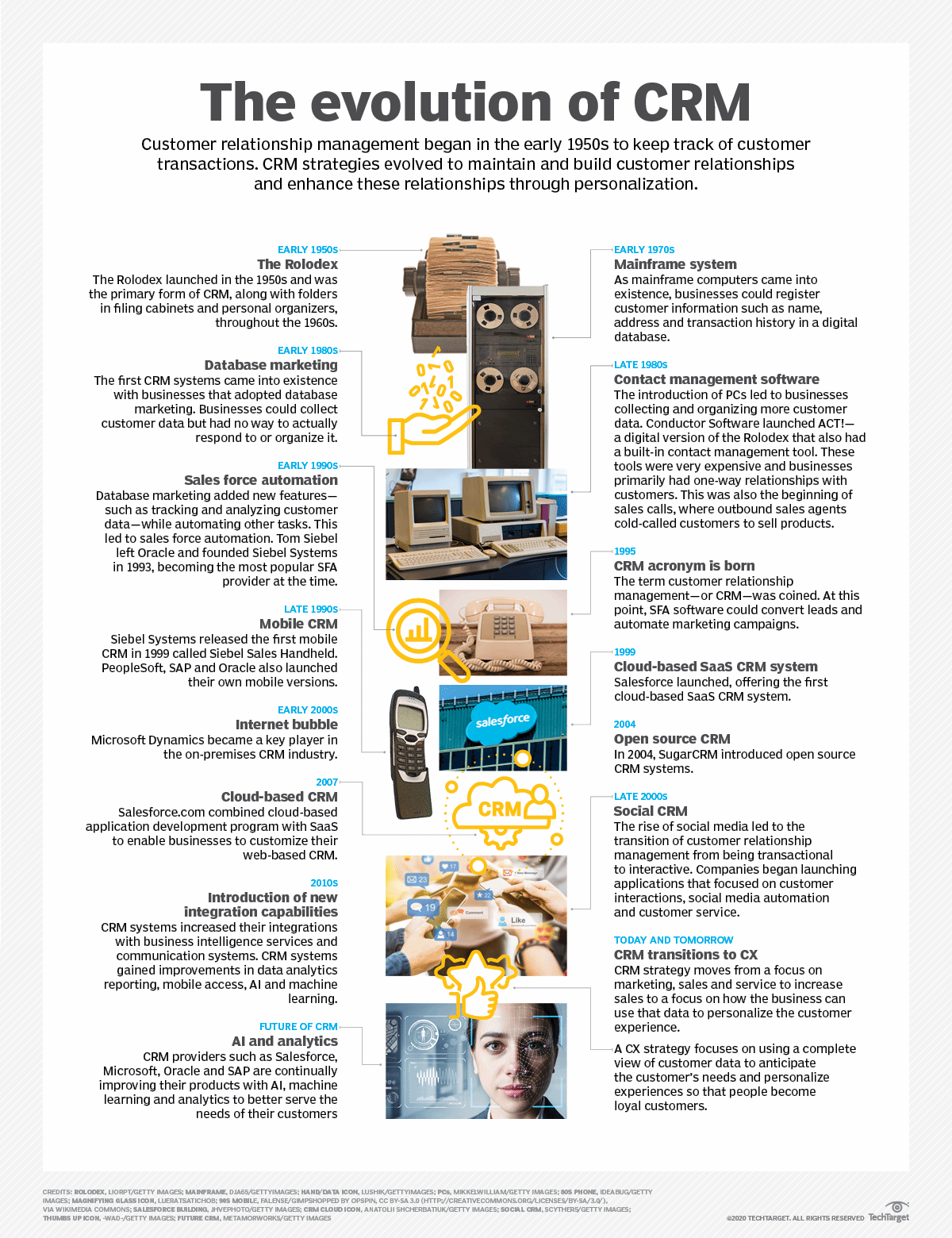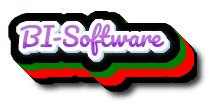In today’s competitive business landscape, customer relationship management (CRM) has become an essential tool for companies to build and maintain strong relationships with their customers. CRM technology software has revolutionized the way businesses interact with their customers, providing a comprehensive platform to manage sales, marketing, and customer service activities. In this article, we will delve into the world of CRM technology, exploring its history, benefits, features, and the latest trends shaping the industry.

A Brief History of CRM
The concept of CRM dates back to the 1970s and 1980s, when companies began to recognize the importance of customer service and relationship building. However, it wasn’t until the 1990s that CRM technology started to gain traction, with the introduction of the first CRM software systems. These early systems were primarily focused on sales force automation, allowing companies to track customer interactions and manage sales processes.
The Rise of Cloud-Based CRM
The late 1990s and early 2000s saw the emergence of cloud-based CRM solutions, led by pioneers like Salesforce.com. Cloud-based CRM offered businesses a scalable, cost-effective, and flexible solution, revolutionizing the way companies managed customer relationships. Today, cloud-based CRM dominates the market, with over 80% of CRM software applications deployed in the cloud.
Key Benefits of CRM Technology
- Improved Customer Insights: CRM software provides a 360-degree view of the customer, enabling businesses to understand customer behavior, preferences, and needs.
- Enhanced Sales and Marketing: CRM automates sales and marketing processes, helping businesses to identify new leads, qualify opportunities, and close deals faster.
- Increased Efficiency: CRM streamlines customer service operations, reducing response times and improving overall customer satisfaction.
- Better Collaboration: CRM facilitates collaboration among teams, including sales, marketing, and customer service, ensuring a unified customer experience.
- Cost Savings: CRM reduces the costs associated with manual data entry, manual reporting, and disparate systems.
Essential Features of CRM Technology
- Contact and Account Management: Centralized database to manage customer interactions, contact information, and account history.
- Sales Performance Management: Tools to analyze sales performance, set targets, and track progress.
- Marketing Automation: Features to automate marketing campaigns, lead nurturing, and lead scoring.
- Customer Service and Support: Integration with customer service software to manage customer issues and support requests.
- Analytics and Reporting: Advanced analytics and reporting capabilities to gain insights into customer behavior and business performance.
- Mobile Access: Mobile apps and Web-based interfaces to access CRM data on-the-go.
- Social Media Integration: Integration with social media platforms to monitor customer conversations and sentiment.
Trends Shaping the CRM Industry
- Artificial Intelligence (AI): AI-powered CRM solutions are becoming increasingly popular, enabling businesses to analyze customer data, predict behavior, and provide personalized experiences.
- Internet of Things (IoT): IoT devices and sensors are generating vast amounts of customer data, which CRM systems can leverage to gain deeper insights into customer behavior.
- Cloud-Based Integration: Cloud-based integration platforms are simplifying the integration of CRM systems with other business applications, such as ERP, marketing automation, and customer service software.
- Predictive Analytics: Predictive analytics is becoming a key feature in modern CRM systems, enabling businesses to anticipate customer behavior and make data-driven decisions.
Top CRM Technology Software
- Salesforce.com: The leading cloud-based CRM solution, offering a range of editions and features to suit businesses of all sizes.
- Microsoft Dynamics 365: A comprehensive CRM platform that integrates with Microsoft Office and other business applications.
- SAP CRM: A robust CRM solution that integrates with SAP ERP and other SAP applications.
- Oracle CRM: A scalable CRM platform that integrates with Oracle ERP and other Oracle applications.
- Zoho CRM: A cloud-based CRM solution designed for small and medium-sized businesses.
Implementation Best Practices
- Define Business Objectives: Clearly define the business objectives and goals of the CRM implementation.
- Choose the Right CRM Software: Select a CRM solution that aligns with your business needs and budget.
- Develop a Comprehensive Plan: Develop a comprehensive implementation plan, including training, testing, and deployment.
- Train Users: Provide extensive training to CRM users, ensuring they understand the system and its capabilities.
- Continuously Monitor and Evaluate: Continuously monitor and evaluate the effectiveness of the CRM system, identifying areas for improvement.
FAQs
Q: What is CRM technology software?
A: CRM technology software is a type of software that enables businesses to manage and analyze customer interactions and data.
Q: What are the benefits of using CRM technology?
A: The benefits of using CRM technology include improved customer insights, enhanced sales and marketing, increased efficiency, better collaboration, and cost savings.
Q: What are the essential features of CRM technology?
A: The essential features of CRM technology include contact and account management, sales performance management, marketing automation, customer service and support, analytics and reporting, mobile access, and social media integration.
Q: What is artificial intelligence (AI) in CRM?
A: AI-powered CRM solutions use machine learning algorithms to analyze customer data, predict behavior, and provide personalized experiences.
Q: What is the best CRM technology software for my business?
A: The best CRM technology software for your business depends on your specific needs and budget. Consider factors such as scalability, ease of use, and integration with other business applications.
Conclusion
CRM technology software has revolutionized the way businesses interact with their customers, providing a comprehensive platform to manage sales, marketing, and customer service activities. By leveraging the power of CRM technology, businesses can gain deeper insights into customer behavior, improve customer satisfaction, and drive revenue growth. From AI-powered CRM solutions to cloud-based integration platforms, the CRM industry is constantly evolving, offering new opportunities for businesses to innovate and stay ahead of the competition.
Closure
Thus, we hope this article has provided valuable insights into The Evolution of CRM Technology: Enhancing Customer Relationships. We thank you for taking the time to read this article. See you in our next article!
